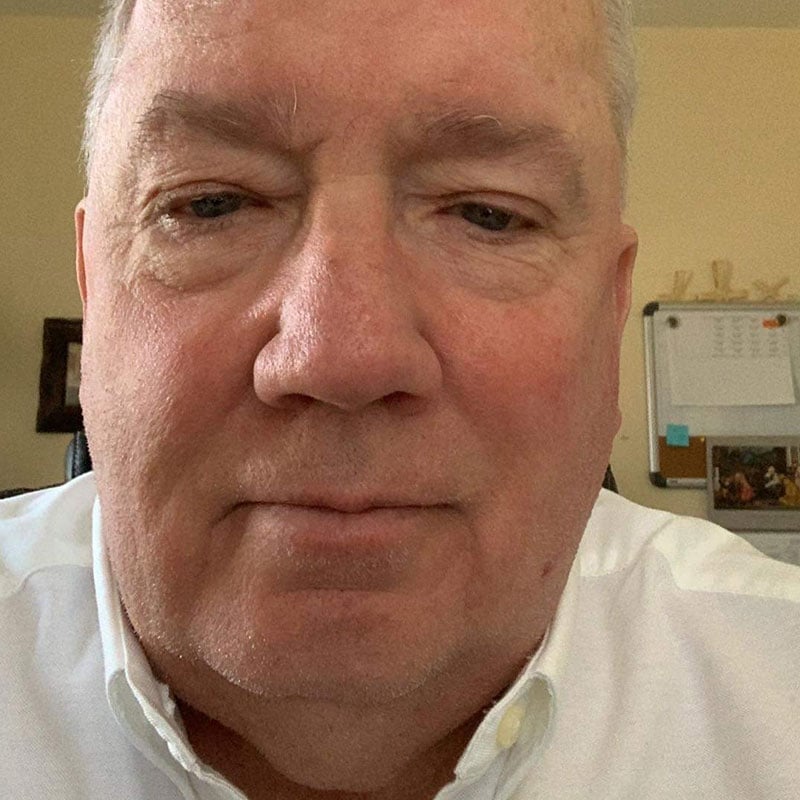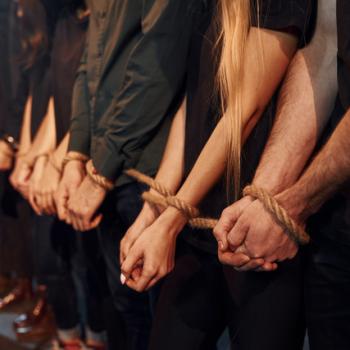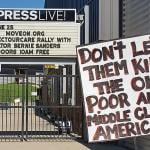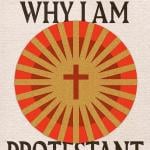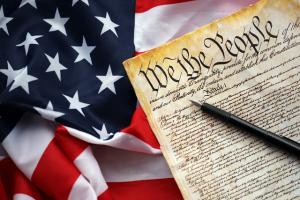
Last week, Attorney General Pam Bondi spoke about the difference between “free speech and hate speech.” The Constitution guarantees our right to free speech, but should lawmakers regulate “hate speech?” Let’s examine the issue.
Bondi’s Comments on Hate Speech
Bondi’s comments came as a guest on “The Katie Miller Podcast” last week:
“There’s free speech and then there’s hate speech.” Bondi suggested that “there is no place” for hate speech in the U.S., especially now, especially after what happened to conservative influencer Charlie Kirk, who was assassinated earlier this month.
When Miller asked Bondi if she saw “law enforcement going after these groups who are using hate speech and putting cuffs on people,” the attorney general answered in the affirmative: “We will absolutely target you, go after you if you are targeting anyone with hate speech.”
Her comments stirred up controversy amongst free speech supporters who disagreed with the difference in speech. As a result, Bondi “clarified” her remarks, stating to Axios:
“that the attorney general’s office won’t be prosecuting citizens for hate speech, but would be pursuing “criminal groups or people that incite violence.”
These comments were surprising from the Attorney General in Trump’s administration. The Biden administration promoted this concept when they were in office. The idea of what qualifies as “hate speech” and what does not is very subjective. It’s been said that “hate speech” is nothing more than “speech that you hate.” Charlie Kirk was killed because someone felt his speech was hate speech. He simply proclaimed the Gospel.
The First Amendment of the Constitution

The First Amendment states:
“Congress shall make no law respecting an establishment of religion, or prohibiting the free exercise thereof; or abridging the freedom of speech, or of the press; or the right of the people peaceably to assemble, and to petition the Government for a redress of grievances.”
Further clarification is in the Constitution Annotation:
“First, the Free Speech Clause ordinarily prohibits the government from restricting speech based on the particular views expressed in that speech.5 Even when regulating speech that is otherwise proscribable, the government typically may not permit some viewpoints and disallow others.6 “
This law has some very limited exceptions; however, the First Amendment does not protect speech that incites imminent violence. As examples:
- Urging a mob to attack someone right now
- Directing followers to commit violent acts imminently
- Coordinating criminal activity through speech
Examples of speech that are protected:
- Expressing hateful or controversial opinions
- Advocating for revolution in theory
- Criticizing government or institutions, even harshly
After all of the noise around Bondi’s comments, she was right. The distinction is speech that incites imminent violence.
The Catholic View
Jesus didn’t shy away from confronting harmful speech. He called out hypocrisy, slander, and spiritual pride. Matthew 12:34-37 says:
“You brood of vipers, how can you say good things when you are evil? For from the fullness of the heart the mouth speaks. A good person brings forth good out of a store of goodness, but an evil person brings forth evil out of a store of evil. I tell you, on the day of judgment people will render an account for every careless word they speak. By your words you will be acquitted, and by your words you will be condemned.“
We can’t stop people from saying hateful things, but we can stop them if they are inciting imminent violence. Please share your thoughts about this article in the “Comments” section.
Peace
If you like this article, you might enjoy:
United Nations Under Fire From Trump’s Speech
Treasures of Heaven: A Lesson from Lazarus
Christianity’s Role in American History Explained


